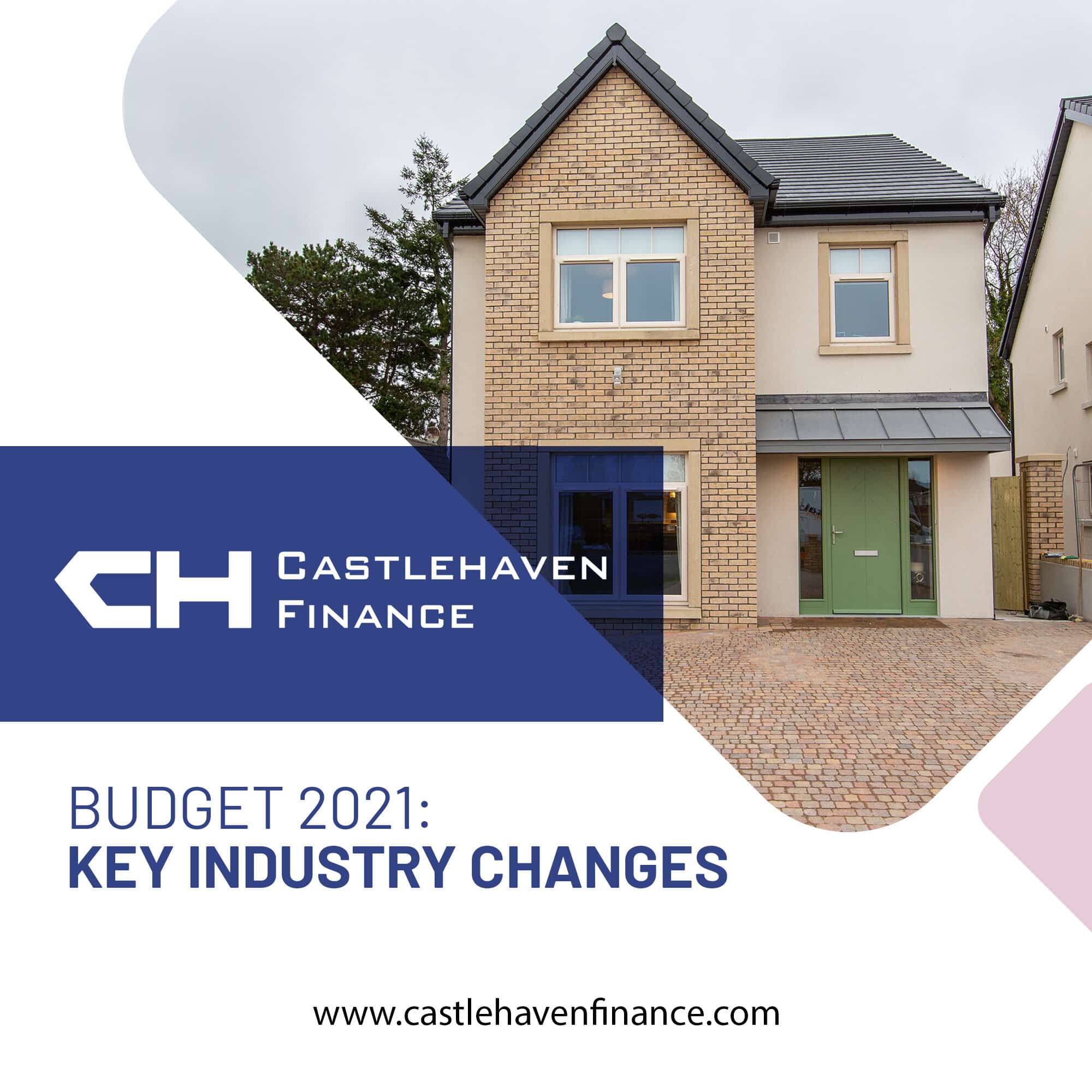Budget 2021: Key Housing & Placemaking Changes
In the context of the ongoing pandemic and the prevailing Brexit chaos, Budget 2021 is arguably the most critical Budget of recent years. It was billed as a ‘pro business’ budget and, to a large extent, it delivered for businesses; however, many political and economic commentators have been quick to point to a lack of cohesiveness in the housing measures announced, particularly for the delivery of social housing.
The total budget package for 2021 will be €17.75 billion and there were no broad changes to income tax credits or bands. There was a welcome increase in allocated spending for capital projects and infrastructure, and notably, €132 million for the National Broadband Plan.
In terms of housing, €5.2 billion has been allocated for the Department of Housing, which is an increase of €773 million on the 2020 budget allocation. €22 million has been made available for homelessness programmes, including the provision of additional beds and €29 million has been made available for the preservation and maintenance of heritage sites nationwide. Also, there has been a 7 percent increase in the allocated budget for rural affairs, including the Town and Village Renewal Scheme, which is critical for successful rural regeneration.
Significantly, the Land Development Agency – which is tasked with strategically developing land banks across the country that are owned or controlled by the State – will have €1.2 billion of funding available to regenerate these areas and promote positive placemaking. Some €110 million will be provided for affordable purchase and cost rental schemes, with 2,000 more affordable homes to be completed on both private and public land next year.
For private developers, the Stamp Duty refund scheme, which effectively refunds a portion of stamp duty paid on the acquisition of non-residential land when it is developed, will be extended until the end December 2022, which is important to stimulate construction activity.
As expected, the help-to-buy scheme was extended until the end of 2021 at the higher maximum rate of €30,000. As a supply-side initiative, it was important for this to have been retained.
A total of 12,750 homes will be added to the social housing stock when homes acquired under other schemes, such as long-term leasing and acquisitions, are included, up from the 12,157 target. One of the big announcements on the day was about the construction of additional 593 social homes next year. Minister for Public Expenditure Michael McGrath said he was allocating an extra €500 million for the construction of 9,500 new social homes in 2021. This new target exceeds the Government’s Rebuilding Ireland programme, which had set a social housing construction target of 8,907 homes for the same period. While the Irish Council for Social Housing said the capital investment in public housing was a “positive response to the scale of the housing crisis”, the Irish Times carried an article with the headline ‘State unlikely to come anywhere near social housing target in budget’, pointing out that “Private rental sector will still carry burden in 2021 after years of fanciful announcements. The target for this year was 7,736 social homes but in the first six months of the year just 725 were built”. This claim is justified given the expansion of HAP (housing assistance payment) tenancies announced, with 800 more rental accommodation scheme tenancies, which means that 85,000 tenancies will be supported by the State throughout 2021. You can read this article in full here: https://www.irishtimes.com/business/construction/state-unlikely-to-come-anywhere-near-social-housing-target-in-budget-1.4380093?mode=amp).
Responding to the Budget 2021 announcements, Society of Chartered Surveyors Ireland President Micheál Mahon said “The Government has raised the target for new social homes in 2021 from 8,900 to 9,500. While the increase is modest of itself – and we would like to see the detail on how the extra €773m is being allocated – the overall social housing target is still ambitious given our total current housing output – private and public – is around 17,000 units. Most commentators agree that we need to double this figure to meet demand. How then can we scale up housing output to meet these new targets?”
And, indeed, that is the big question – how can Ireland scale up in order to double current housing output?
With offices in Dublin and Cork, Castlehaven Finance has provided development finance for both private and social housing to developers, builders and project owners across Ireland in excess of €1.7 billion (200+ loans) since 2014. Speak to the Castlehaven Finance team about your next commercial or residential development project https://www.castlehavenfinance.com/contact
